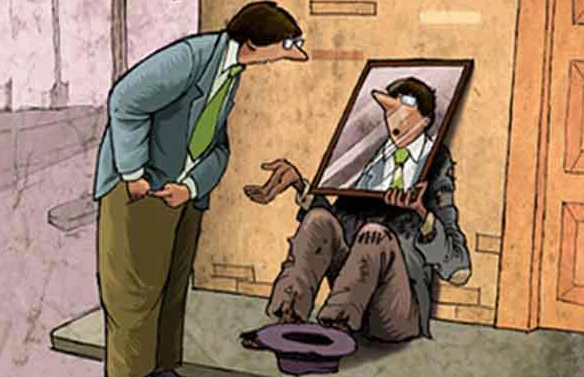
Finished Kent Greenfield’s The Myth of Choice last night. I learned a lot from Greenfield’s argument and will be thinking about it for a while.

Greenfield dissects what motivates us to choose. He opens up the notion that often when we think we are exercising our free will we are, in fact, driven by factors like culture, context and implicit values that might surprise us if we analyzed them.

The good news (as Greenfield puts it) is that awareness is often key to more free will in our decisions. For example, we can be aware that the attractiveness of someone can seduce us into giving them more credibility than they deserve and factor that in when considering their opinions.

We can remember that if an article or a person lines up with our own views and opinions, it’s time for some healthy skepticism to balance our predilection to give them too much easy credibility.

We can also try to be open to those with whom we disagree for the same reason in reverse.
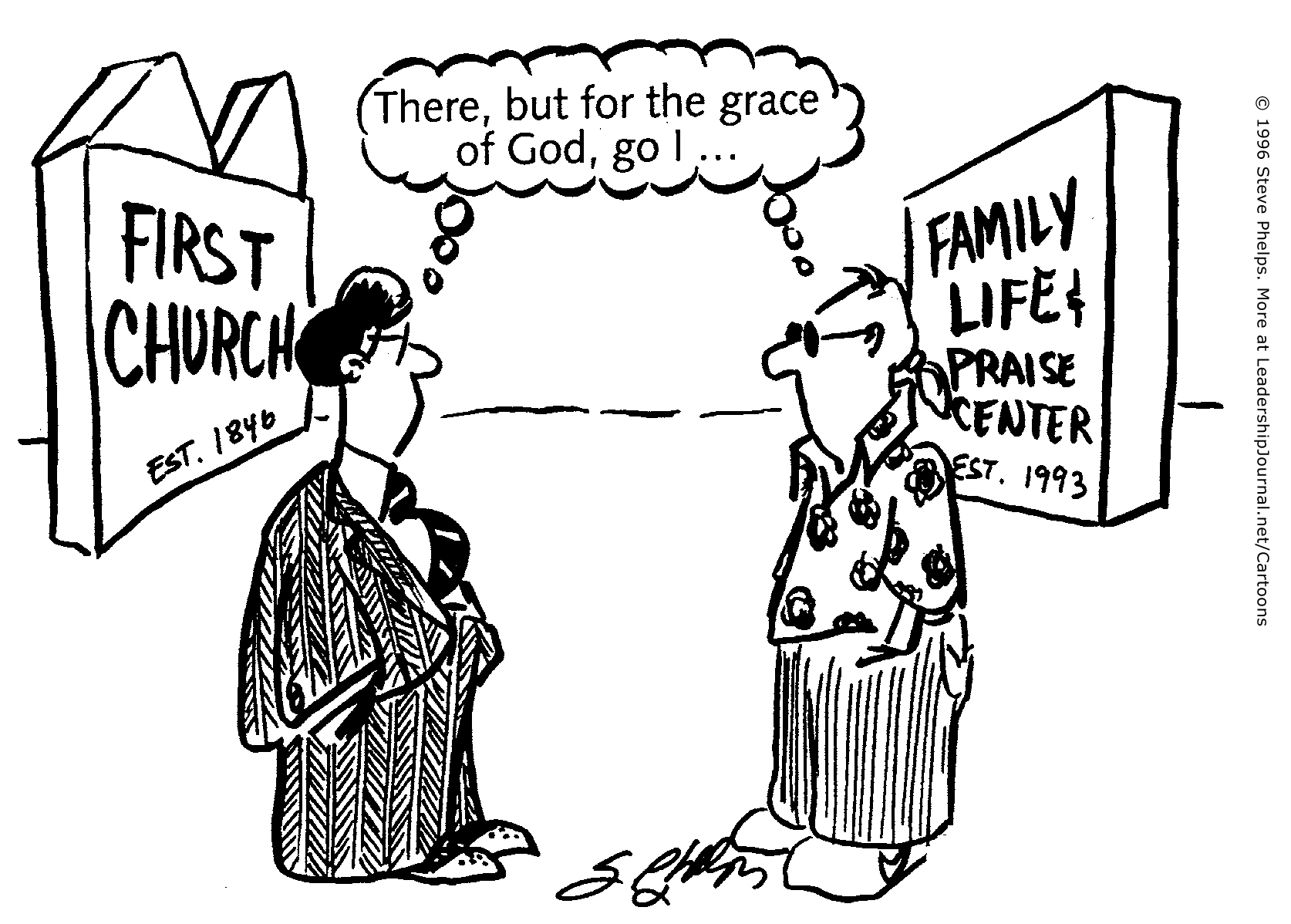
If we recognize framing (how a question is posed or facts are presented) is occurring, we are better equipped to protect ourselves from its influence.

I particularly admired Greenfield’s discussion about the myth of personal responsibility as perpetuated by those who would limit government and emphasize an individual’s right to make their own choices despite the wisdom of the choice.

Mature choices in life are identifiable.
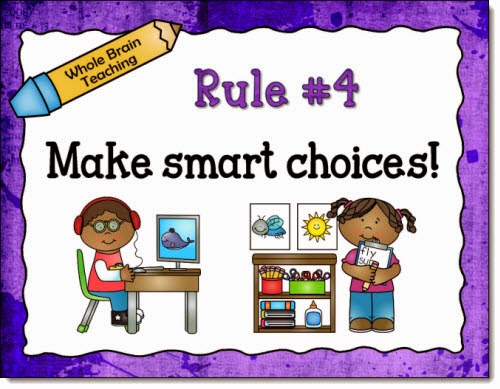
Better to wear a motorcycle helmet than not (see previous blogs or the better yet the book itself). When the community allows citizens to make any choice, the idea is that they then take on the consequences for that choice, good or ill.

The problem is that the chooser is not the only one who suffers the consequences. Whether it is an ER team picking up the injured person on the side of the road who has chosen not to wear a helmet or it is the society at large which is desensitized by its own indifference to those who “choose” to be hungry, either way, it essentially a false choice.
At the end of the book Greenfield points out that change is difficult and usually doesn’t occur or only occurs in very small bits.
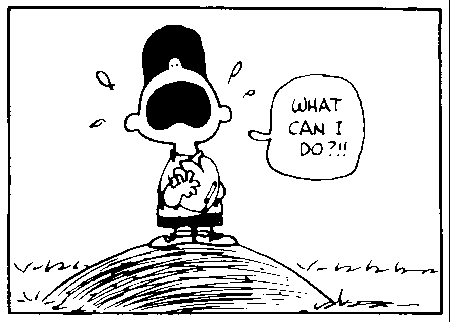
He encapsulates what we can do in this way.
1. recognize the power of situations in our lives over our choices
2. acknowledge our own very real irrationalities
3. be mindful of the power of our own habits
4. cultivate an awareness of cultural influences over us
We can only do so much. Greenfield mentions humility again and again in the book.

He encourages the reader to strive for it when thinking about our own choices and especially judgments of other people.

He is particularly hard on the judicial system (being a lawyer).
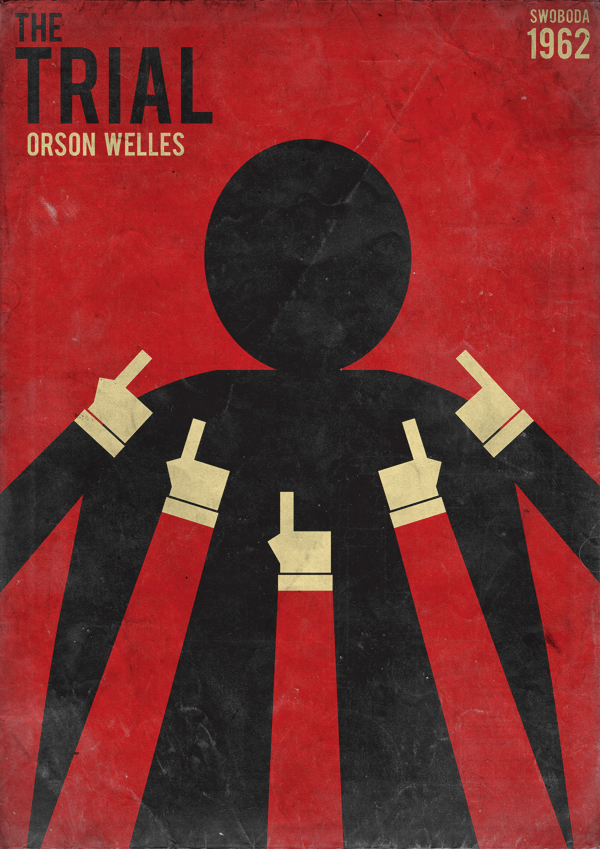
He insists that good judges are able to put themselves in other people’s places, imagine other people’s stories in the context of applying law

Then he points out that we are all judges and could use this handy little technique as well.
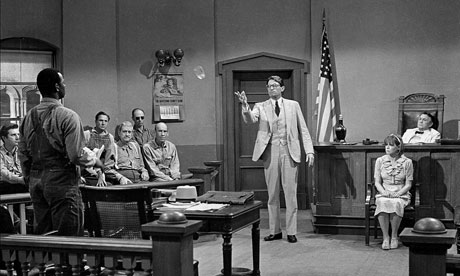
It’s a light read with a profound subject. Recommended.
